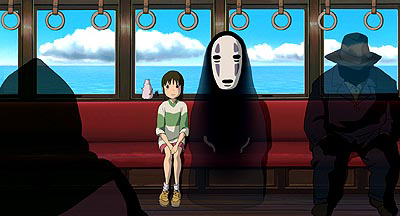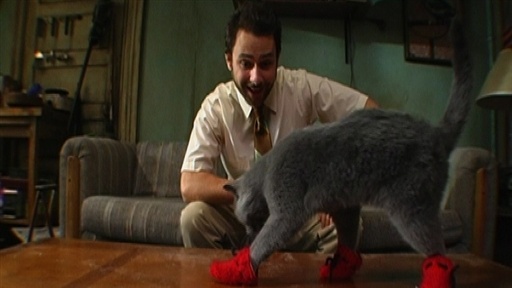
By the very nature of his large following, his leadership on the lift, and particularly his New York Times bestseller A People's History of the United States, changed historical perspective. To call this revisionism is misleading because the story Zinn told was not an alteration. Rather, it was the expanded story, the broader lens, which in turn brought our known/assumed history into focus. History remained a series of power struggles a la Marx in Zinn's rewrite, but he also dethroned the biographical fallacy thought to be intrinisic the social study of the past. The consensus view has always been that we've gotten to where we are today by the choices of a few powerful individuals who were in the right place at the right time. It's exactly this that has always,and continues to, let us concede to the status quo and cease to make demands of the ruling class (or in the case of 21st century liberalism- to ask politely and accept whatever effete concession is thrown your way). Zinn's history was one where people moved en masse, for better or worse, to enact change. The irony, of course, is that Zinn himself became a kind of iconography, a stand-in spokesmodel for the left. The people's person.
Zinn's arguments often got entangled in a kind of old fashioned Marxist rhetoric, whose righteous anger about malicious fatcats who know better and choose to do evil in the face of self-interest. This itself falls prey to another fallacy, an intentional fallacy, which proclaims that the powerful deserve our resentment because they should know better and they mean only to maintain their power. Perhaps this is sometimes true, but it's irrelevant and suggests a fundamental misunderstanding of power, which is itself a corrupting institution. Power only follows the rules of its job description. Men in charge who make terrible decisions don't do so because of some character defect, but because they are mislead by their responsibilities into thinking that they somehow deserve their authority. They justify their existence as an afterthought. In the meantime, they do what they think they're supposed to do based on history, tradition, institutionalized ideology, and community standards. A motivated populace looking to move pass the kind of redundant history Zinn described would not only question the authority that drives the decision-making processes, but question their own authority. Since all power is artificial and all drives circumscribed by environment, we all require the checks and balances inherent in Montesquieu's script.
The lack of balance between the masses and the rulers is what causes social movements to constantly push back, to be the democratic balance of power in a society constantly on the brink of tyranny. But is this situation an inevitability? Is this the only situation, the way things are? Obama's state of the union alluded to a politics that is complex and messy, where passions run high, but "that's just the way it is," which seems fine for those at the top of the food chain. As Zinn illustrated though, they're not the only part of history being lived, and the dominant narrative of the 21st century has been, like that of the 20th century, massive suffering and struggle for the bulk of the world's population.
Zinn and liberalism's model of the little guys vs. the big guys seems like a rigged Darwinism wherein the control regime always maintains control. If little guys always demand the big guys change, the big guys may or may not change, but they always remain big guys. In the battle of community and competition, competition must always win because the battle itself is a competition. What the people seek is empowerment, which is itself a type of class envy. What the disenfranchised see as being unfair is not being included in the player's club. This assists postmodern institutions in normalizing desire and making the continuing power paradigm a subject of awe and aspiration. After all, the very nature of the American dream is to better one's station, to achieve more than the next guy and never get stuck living under a bridge (ignoring the context and history that put that guy under the bridge). This level of social desire can only be achieved by instilling classical liberal ideals about the dignity of labor and the pride of achievement. One needs a reversal from these ethics so that work is never seen as dignified and power can only be resented because one is disgusted at the thought of making another's decisions for them, particularly when it comes to their health and safety.
Michael Kazin's editorial at the Guardian sums up Zinn's failings well as an inability to understand the capitalist worldview. Zinn could not concede that power too had a perspective, though he was crucial at showing those in the streets their own- which was easily obscured by the fog created by those who had controlled history up until his arrival.
































